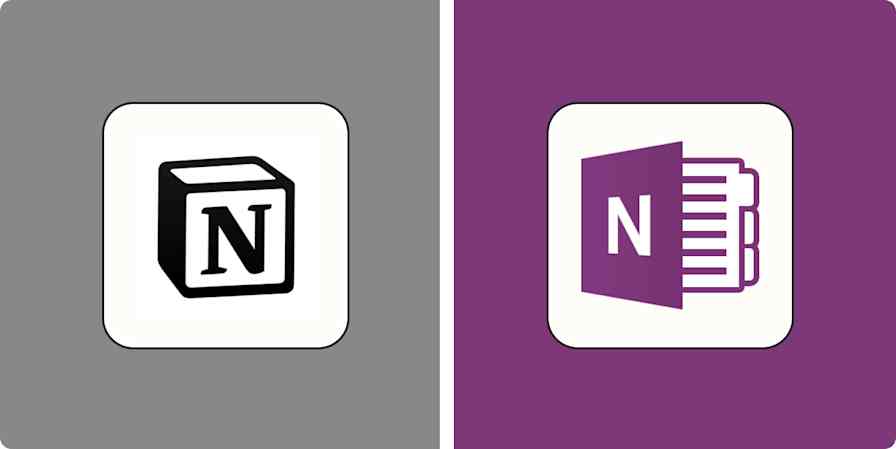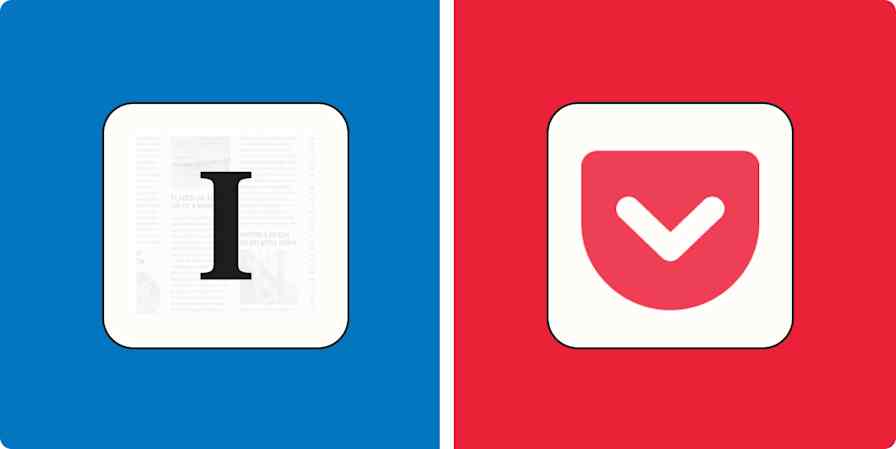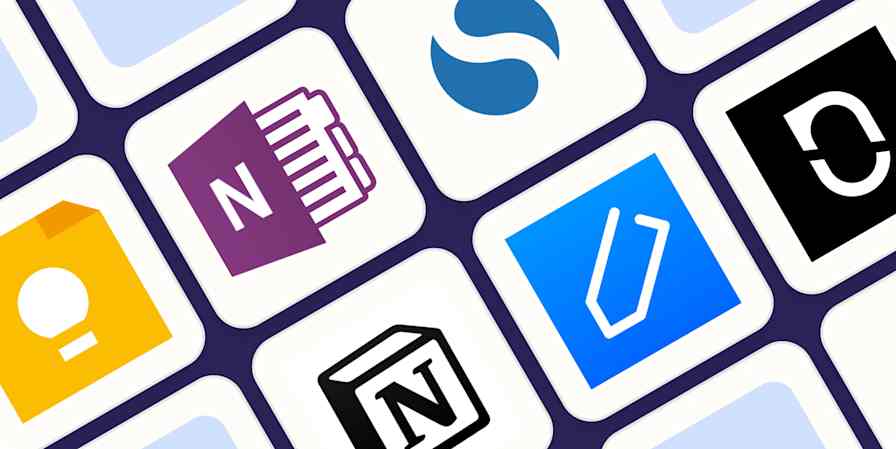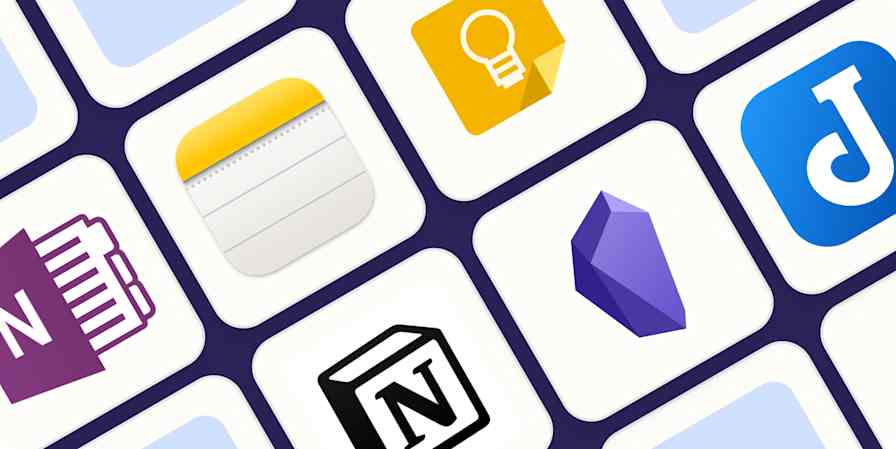Productivity tips
6 min readHow to Take Effective Notes
By Belle Cooper · July 9, 2015

Get productivity tips delivered straight to your inbox
We’ll email you 1-3 times per week—and never share your information.
tags
Related articles
Improve your productivity automatically. Use Zapier to get your apps working together.







